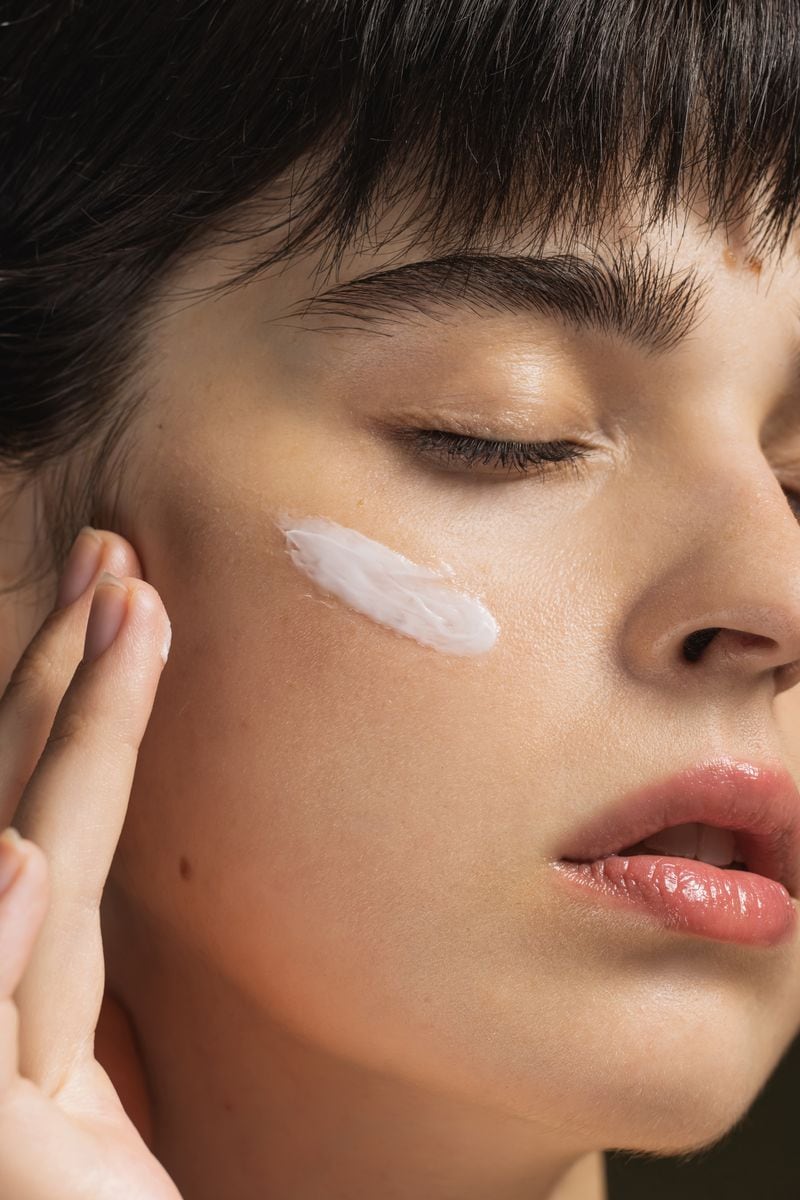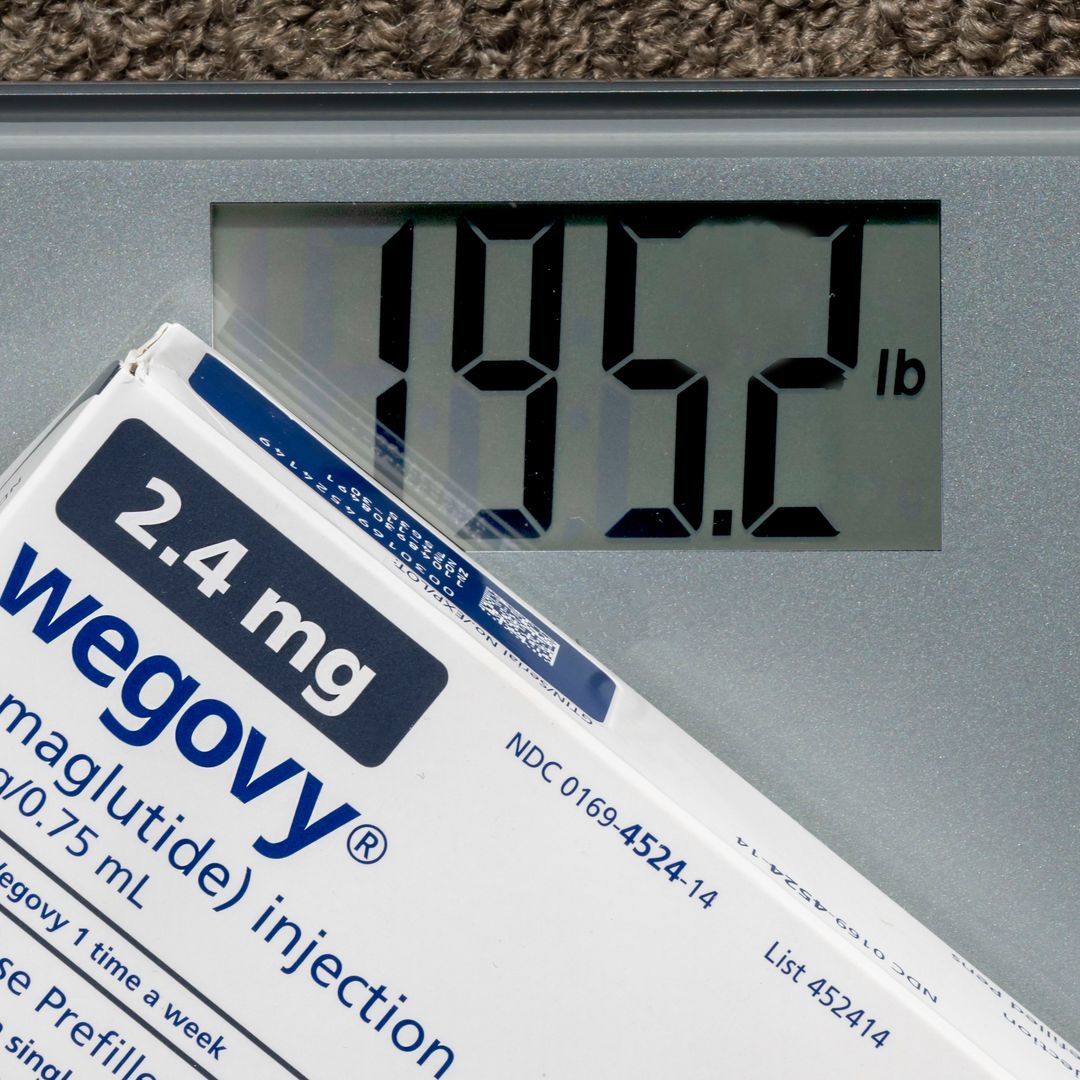Nutrition isn't just about eating when you're hungry. Today, we know more than ever about how food affects our health. For example, after age 40, getting enough vitamin K can help you avoid brittle bones and early aging. Taking probiotics can keep your gut healthy and even boost your mood.
There's no single perfect diet for everyone, but all nutrition experts agree on one thing: cutting down on sugar is one of the best moves you can make for your health.
Is sugar secretly aging your skin?
Sugar plays a big role in aging your skin. When you eat sugar, it mixes with important proteins in your body, like collagen and elastin, and makes them stiff and dry. This process called glycation, makes your skin look dull and causes wrinkles to form faster.
"Collagen and elastin are the primary proteins responsible for keeping the skin firm and smooth. When these fibers are damaged by glycation, they lose their flexibility and strength, accelerating the appearance of fine lines and deep wrinkles," explains Sanja Zivanovic, chemist, Ph.D. in Biomedicine, and CEO of SKIN MOLECULE X.
The worst part is, sugar doesn't just hurt your skin on the surface. Zivanovic notes that glycation also occurs in deeper layers of the skin, "making it a cumulative problem that gets worse over time if not addressed." Meaning this damage happens deep inside your skin, too, and it builds up and gets as time goes by. Eating too much sugar also makes it harder to keep a healthy weight. Sugar is high in calories so it messes with your blood sugar levels. It can interfere with the hormone leptin that regulates the feelings of fullness and it can confuse your body.
Tips to reduce sugar without giving up sweet treats
1. Increase your daily fiber intake
"Make sure to include fiber-rich foods in your daily meals. This not only helps reduce sugar intake, but also keeps you feeling full longer," says Sergio Guerrero, dietitian and supplement expert at Fit Generation. Fiber helps regulate both appetite and blood sugar levels.
He also recommends whole fruit as a snack: "It contains fiber and additional nutrients that juices don’t provide. It will help you keep your blood sugar more stable."
2. Stay hydrated
Dr. Zivanovic emphasizes hydration: "Drinking enough water helps flush out toxic compounds related to glycation and keeps skin hydrated." Guerrero adds that cutting back on sugary drinks is just as important: "Replace them with water, herbal teas, or fruit-infused water. You’ll reduce your sugar intake and stay hydrated without added calories."
3. Give your skin some inner love
Dr. Zivanovic also recommends adding internal skincare to your routine: "Products like SKIN FORMULA, which is rich in hydrolyzed marine collagen Peptan® and antioxidants like Coenzyme Q10, help protect the skin from within and fight the effects of glycation. Plus, it contains no added sugars, making it an ideal option for skincare without compromising your health."
4. Cook more meals at home
Experts say people who eat out frequently tend to consume more sugar. Guerrero recommends cooking at home and "making your own meals and desserts using natural sweeteners like fruit, or alternatives like stevia or erythritol, which don’t affect blood sugar the way refined sugar does."
5. Read nutrition labels
Learning how to identify hidden sugars is key. Guerrero shares this tip: "Check product labels for ingredients like ‘corn syrup,’ ‘maltose,’ or ‘dextrose.’ Choose items where added sugars aren’t among the first ingredients listed."
6. Incorporate antioxidants into your diet
Zivanovic highlights the importance of antioxidants: "Vitamin C, found in fruits like kiwi and citrus, can help counteract the effects of AGEs (Advanced Glycation End-products)."
7. Yes, you can still enjoy dessert
Finally, Dr. Zivanovic reminds us that total restriction isn't necessary, the key is moderation: "You can still enjoy something sweet once in a while. Just keep portions small and pair it with healthy fats like almonds or walnuts to help lower the glycemic index."









